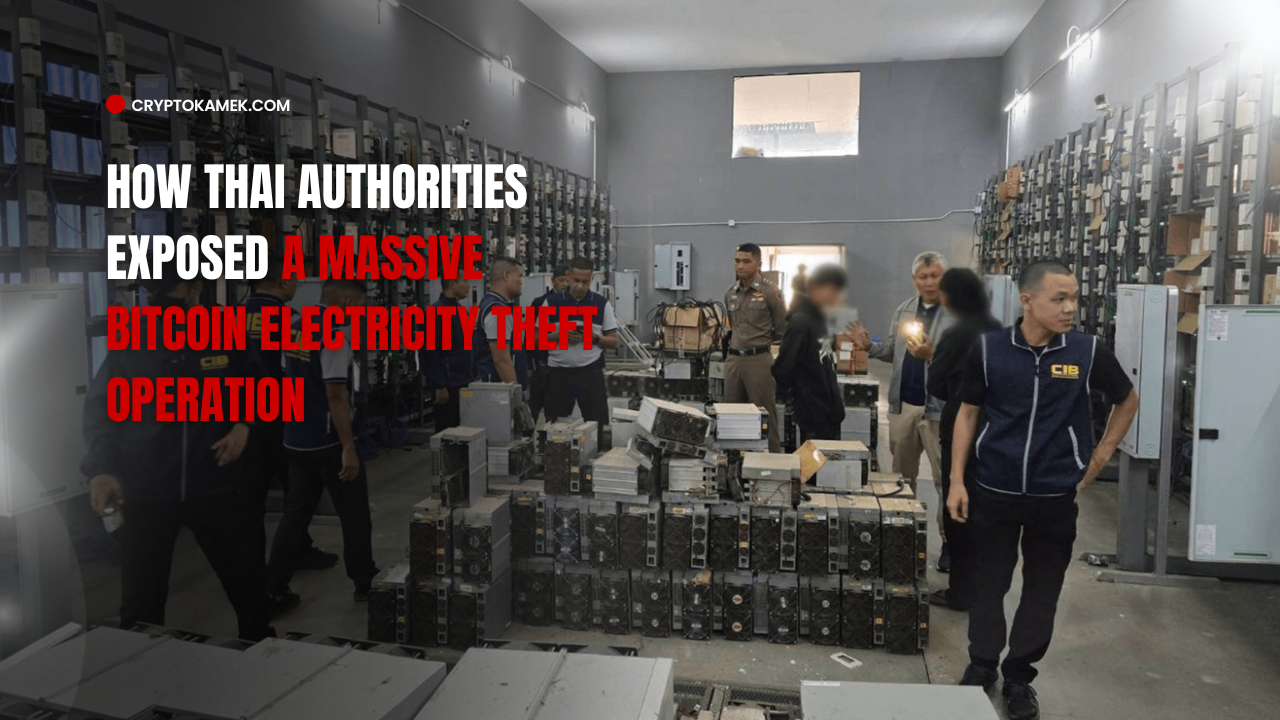

Tornado Cash Ruling: A Landmark Win for Crypto
The recent decision by the Fifth Circuit Court of Appeals on Tornado Cash is a landmark moment for the cryptocurrency world. For years, the crypto community has grappled with issues surrounding privacy, regulation, and decentralized technologies. This ruling marks a turning point, raising questions about how these new technologies should be treated under U.S. law. In a case that touches on everything from privacy rights to the limits of government authority, the court’s decision challenges old regulatory frameworks while opening the door for more innovation in the space.
Let’s break this down in simpler terms, explore how we got here, and what this ruling means for the future of cryptocurrency.
A Brief Overview of Tornado Cash
To understand the significance of this ruling, it’s important to first grasp what Tornado Cash is and why it was in the spotlight. Tornado Cash is a decentralized, privacy-focused service in the world of cryptocurrency. It allows users to mix their digital assets together, making it nearly impossible to trace the origin and destination of their funds. Think of it as a digital “laundry machine” that enhances privacy by obfuscating the transaction history on the blockchain.
In August 2022, the U.S. Treasury Department, through the Office of Foreign Assets Control (OFAC), sanctioned Tornado Cash. The reason? The government accused the platform of being involved in laundering over $7 billion in illicit funds. A good chunk of that money, they claimed, was linked to North Korean hacking groups, such as Lazarus Group. These groups allegedly used Tornado Cash to conceal the origin of stolen funds.
The U.S. sanctions essentially blocked access to the service, limiting users’ ability to interact with the platform and raising alarm bells in the broader cryptocurrency community. For many, this wasn’t just about the legality of Tornado Cash—it was about whether the government could shut down a tool that had legitimate privacy uses.
The Court’s Ruling: A Win for Privacy and Autonomy
Fast forward to the case Van Loon v. Department of Treasury, where the Fifth Circuit Court of Appeals stepped in to examine the legality of the Treasury’s actions. The court ruled that the sanctions imposed on Tornado Cash were unjustified. The key reason? Tornado Cash’s core technology—its immutable smart contracts—shouldn’t be subject to sanctions like traditional businesses or individuals.
Here’s what the court concluded:
1. Immutable Smart Contracts Aren’t Property
The heart of the ruling centered on the nature of Tornado Cash’s smart contracts. These contracts are self-executing lines of code that, once deployed, run automatically without needing intervention from any central authority. The court emphasized that because these smart contracts are immutable, meaning they cannot be altered, they don’t fit the definition of “property” under U.S. law. In simple terms, there’s no “owner” of the code, and it operates autonomously, outside the scope of what could be considered property that could be sanctioned.
2. Agency Overreach
The court also took a strong stance on the limits of government power. By ruling against the Treasury Department, the court essentially said that regulatory bodies like OFAC cannot go beyond their authority as granted by Congress. The sanctions on Tornado Cash were seen as an overreach because they targeted a decentralized protocol rather than a specific person or organization.
3. Implications for Future Legislation
While the ruling was a clear win for Tornado Cash and its supporters, it also sent a message to lawmakers. The court highlighted the need for Congress to update existing laws, especially in the context of emerging technologies like cryptocurrency. The legal landscape needs to evolve to better address these decentralized, automated tools that don’t fit neatly into traditional legal categories.
What Does This Mean for the Crypto Industry?
So, what’s the bigger picture here? Why does this ruling matter beyond the Tornado Cash case itself?
1. Privacy and Decentralization Are Key
This decision is a huge win for privacy advocates in the crypto world. It essentially says that privacy-focused technologies should not be criminalized simply because they can be used for illicit activities. While the court acknowledged that Tornado Cash might have been used by bad actors, it emphasized the importance of not punishing an entire tool because of how some individuals choose to use it. This ruling upholds the principle that privacy is a fundamental right—one that should be protected even in a digital, decentralized world.
Moreover, it sets a precedent for how decentralized technologies, which have no central authority, should be treated under the law. In essence, decentralized protocols like Tornado Cash are now seen as more akin to open-source software rather than a business or service that can be sanctioned or controlled.
2. Surge in Tornado Cash Token (TORN) Price
After the ruling was announced, there was a significant surge in Tornado Cash’s associated token, TORN. In fact, it reportedly increased by 400%, signaling investor optimism and renewed confidence in the platform. This price spike is also a sign that many in the crypto community see the ruling as a victory not just for Tornado Cash, but for the broader ideals of privacy, decentralization, and innovation in the space.
3. A Legal Precedent for Future Crypto Cases
The ruling sets a powerful legal precedent. It suggests that in future cases, courts may be more willing to protect decentralized protocols from overzealous government action. It also signals that as the cryptocurrency industry grows, regulators and lawmakers will need to figure out new ways to deal with issues like privacy and security, without stifling innovation or infringing on privacy rights.
4. Balancing Privacy and National Security
The court made it clear that while privacy is important, there also needs to be a balance with national security concerns. There’s no denying that illicit actors have exploited privacy-enhancing technologies like Tornado Cash. However, the court argued that blanket sanctions on these technologies weren’t the right solution. Instead, there should be a more nuanced approach that targets bad actors directly, rather than punishing entire tools that have legitimate uses for privacy.
What’s Next for Tornado Cash and Similar Technologies?
While this ruling is undoubtedly a win for the crypto community, it’s not the end of the road. There are still several challenges and legal complexities that remain for Tornado Cash and similar platforms.
1. Ongoing Legal Issues for Developers
One of the challenges that persists is the ongoing legal issues surrounding the developers of Tornado Cash. Some developers face criminal charges in other jurisdictions for their involvement with the platform. While this ruling protects the smart contracts from sanctions, it doesn’t necessarily shield developers or other stakeholders from legal consequences. It’s still unclear how these individuals will fare in future legal battles.
2. Congressional Action Needed
The ruling essentially calls for Congress to update existing laws to better address the reality of modern technologies. The current legal framework, which was designed with traditional businesses in mind, simply doesn’t account for the unique nature of decentralized platforms like Tornado Cash. Lawmakers will need to step in to create a more appropriate legal structure that can handle the complexities of cryptocurrency and blockchain technologies.
Conclusion
In the end, the Fifth Circuit’s ruling on Tornado Cash is more than just a win for one platform. It represents a significant shift in how the legal system views decentralized technologies and privacy-enhancing tools. By ruling that immutable smart contracts can’t be sanctioned as property, the court has made it clear that we need to rethink our regulatory approach in the face of rapidly advancing technologies.
For the cryptocurrency industry, this decision is a call to action—a reminder that privacy, innovation, and decentralization are core values that need protection. It’s also a message to regulators and lawmakers: if we want to continue fostering technological growth, we need to adapt our laws to the digital age.
As we look ahead, the road will likely be filled with more challenges and debates. But with this ruling, Tornado Cash has sparked a critical conversation about privacy, regulation, and the future of the crypto industry. And in that, it has set the stage for a future where innovation can thrive, even as we work to balance privacy with security.






